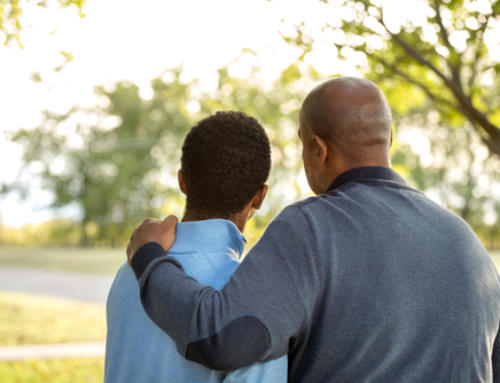When President Trump declared the opioid epidemic a national public health emergency, one of his suggestions was to start a “really tough, really big, really great” ad campaign to deter drug use, leading every American older than 10 to ask, “Wait, haven’t we been doing that for the past 40 years?” Indeed we have, so why don’t anti-drug campaigns seem to work very well?
They exaggerate dangers.
Various campaigns have claimed that drugs fry your brain like an egg, that marijuana causes lung disease and insanity, and may fund terrorism. These claims often conflict with what children, especially teens, have observed first hand. They probably know people who use drugs and alcohol recreationally without having gone insane or having developed serious medical complications. They also know that marijuana is not as dangerous as meth or heroin, so painting all drugs with one brush, as anti-drug campaigns have often done, kills your credibility. Once you lose credibility, it’s very hard to get teens to listen to what you have to say.
They don’t speak to teens’ values.
Anti-drug campaigns often focus on the dangers of drugs. The problem is that kids and adolescents don’t really care about that. Your teenage years are pretty much defined by your willingness to do stupidly dangerous things. In fact, some studies suggest that campaigns warning kids about the dangers of drugs may have actually made them more likely to experiment with drugs. There is status to be gained from being a risk-taker, especially if it’s something that makes you seem more grown up. A much better approach has been to emphasize the ways drugs and alcohol limit your autonomy. Teens want autonomy more than about anything, so if you can show them how drugs limit their freedom, they are more willing to pay attention.
They promote a negative.
That is, they emphasize what not to do. This calls attention to drug use, makes kids curious, and makes some kids more likely to try drugs just because you said not to. Even if your response is, “I guess I shouldn’t do drugs,” you’re still thinking about drugs. The alternative is to emphasize the things you can do instead. The “Above the Influence” campaign succeeded by emphasizing the fun things you could do instead of drugs. It presented a vision of cool kids having fun that didn’t depend on drugs and alcohol, which is more aspirational than threatening. It makes sense, when you think about it. After all, you don’t sell a Mercedes by disparaging Fords.
Located in downtown Midland, The Springboard Center’s mission is to offer programs and services to treat alcohol and drug addiction treatment using an evidence based curriculum, 12 step programs, diet, nutrition, exercise, emotional, mental and spiritual development for a long recovery. For more information, please call us at 432-620-0255 as we are open 24 hours a day, 7 days a week.




